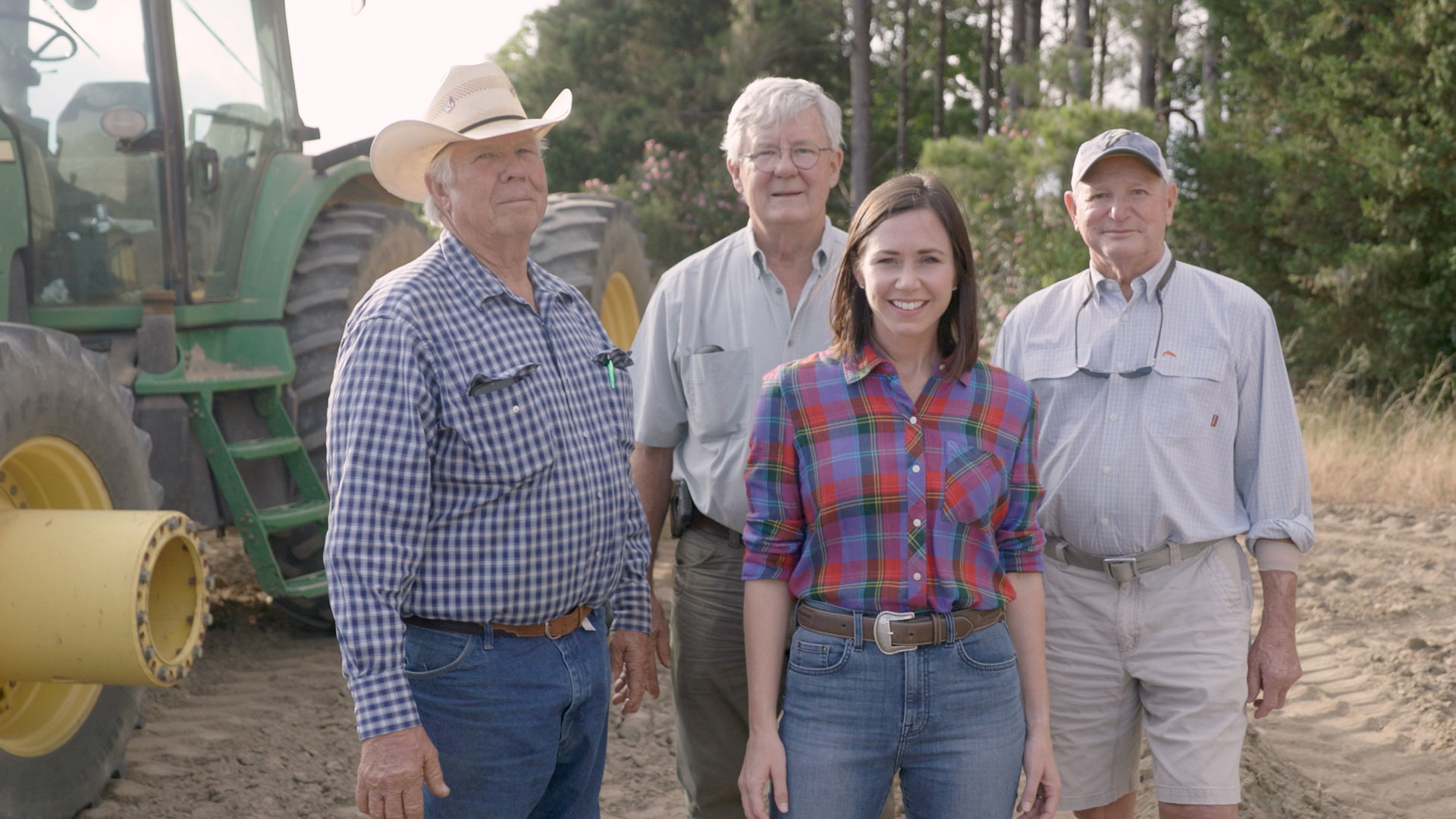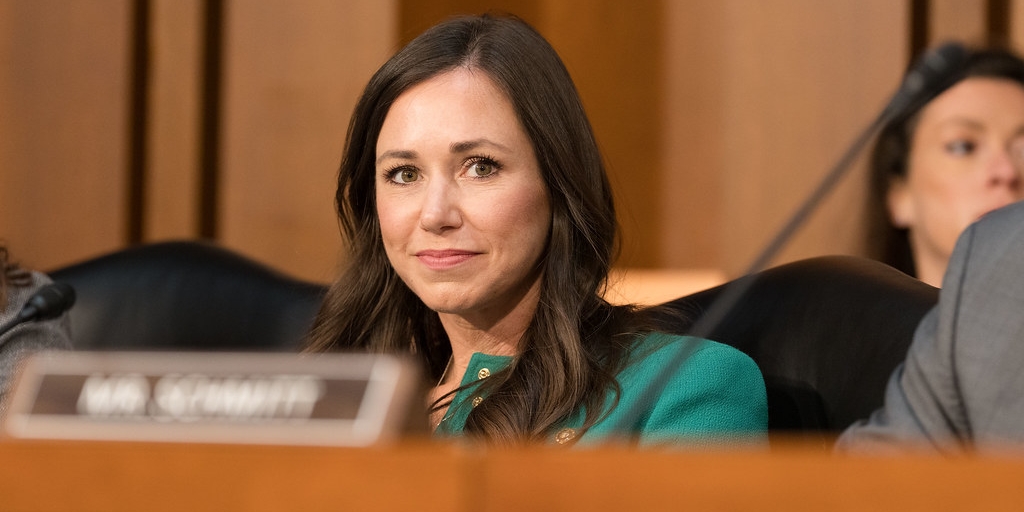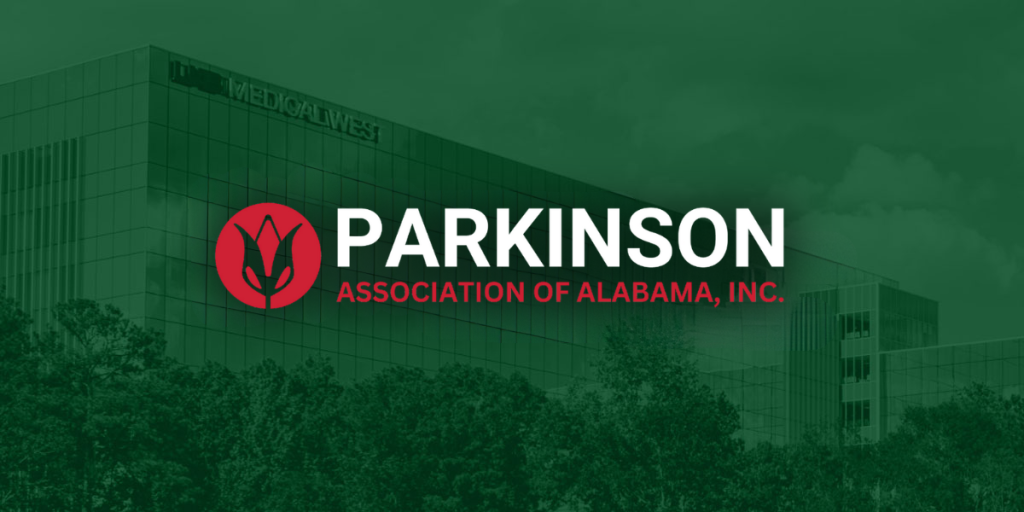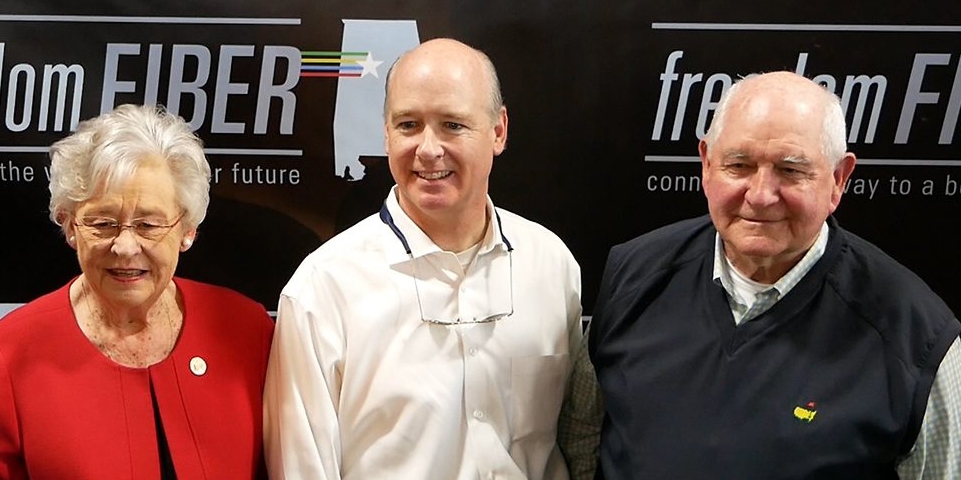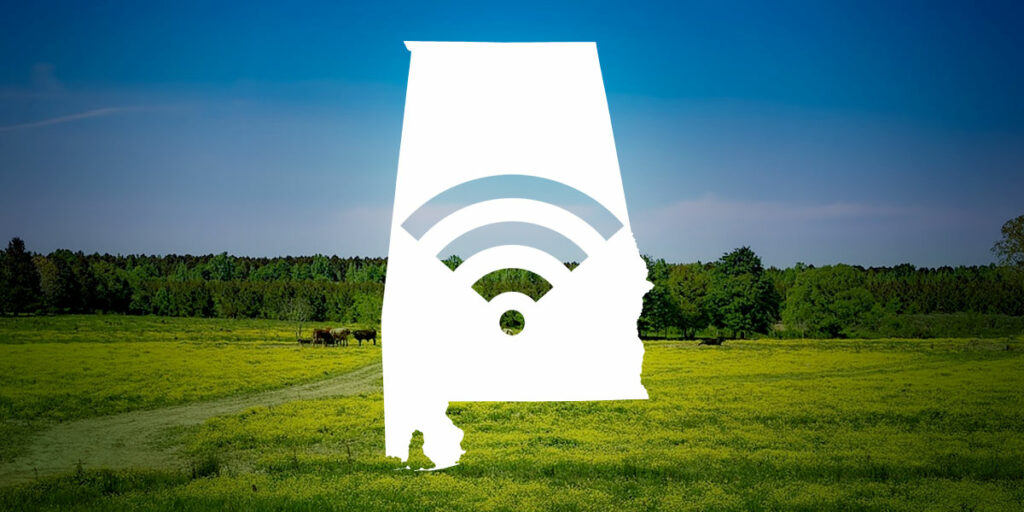The American Dream is fueled by the aspiration that all Americans should have the opportunity to build a better life for themselves through work ethic, grit and the content of their character. This opportunity should not be defined by gender, race, religion, political belief – or zip code.
Unfortunately, that Dream is being shackled for many Alabamians right now.
The past 16 months have further highlighted the damaging digital divide that is holding families back in communities all across our great state. While this divide has been underscored during the pandemic, we must remember that this is not a new or temporary problem. And, while the gap is most pronounced in much of rural Alabama, the issue affects many urban and suburban communities, as well.
Alabama ranks 47th in broadband connectivity, according to U.S. Census Bureau data. The simple reality is that expanding affordable high-speed broadband internet access to all Alabamians is absolutely critical.
Today, only 44% of Alabamians have access to what’s categorized as “affordable” broadband – and not all of that is truly high-speed. Additionally, more than one in five Alabamians lack broadband of any speed.
This challenge is no different than the expansion of farm-to-market roads or rural electricity last century.
The consequences are serious and widespread across education, health care, agriculture, small business, industry, and overall quality of life.
Like in areas throughout my native Wiregrass, moms in communities across our state have to drive their children to the local McDonald’s just so they can do their homework. In rural areas already facing a severe shortage of hospitals and primary care options, telemedicine alternatives are limited by the lack of internet access. Modern farmers using high-tech equipment and practicing precision agriculture need broadband to stay competitive and operational. Small businesses on Main Street need the connectivity to process credit and debit card transactions – and much more. Industry recruitment and expansion, and the jobs that come with it, do not happen in areas where internet is not available. And of course, much of modern life happens on the web.
The state legislature and the Ivey administration have made significant strides in recent years to implement solutions to bridge Alabama’s digital divide, from the Alabama Broadband Accessibility Act to the Connect Alabama Act. Meanwhile, reports indicate that it’s going to take a long-term, intentional investment of between $4-6 billion to get to where we need to be as a state when it comes to our broadband access. The federal government must play a leading role in meeting this vital need.
I will work tirelessly to grow good-paying jobs so that hardworking Alabamians can thrive in safe, strong communities – and broadband expansion is integral in this equation. Alabama’s ability to compete in the 21st century global economy is very much at stake. If we want to have a 21st century work force and have 21st century jobs, we must have 21st century infrastructure.
I firmly believe that – in addition to roads, bridges, waterways and airports – any federal infrastructure package must fund broadband significantly, responsibly and strategically – not the partisan wish list and Green New Deal pet projects that are being pushed by Democrats in D.C.
As Alabama’s next U.S. Senator, I will fight tirelessly to ensure opportunity is not defined by zip code and that all Alabamians have their shot at the American Dream. That is at the heart of our Alabama First movement. Working together, we will turn this dream into reality.
Katie Britt is a Republican candidate to serve as the next U.S. Senator for Alabama. An Enterprise native, Katie resides in Montgomery with her husband, Wesley, and their two children, Bennett and Ridgeway.




